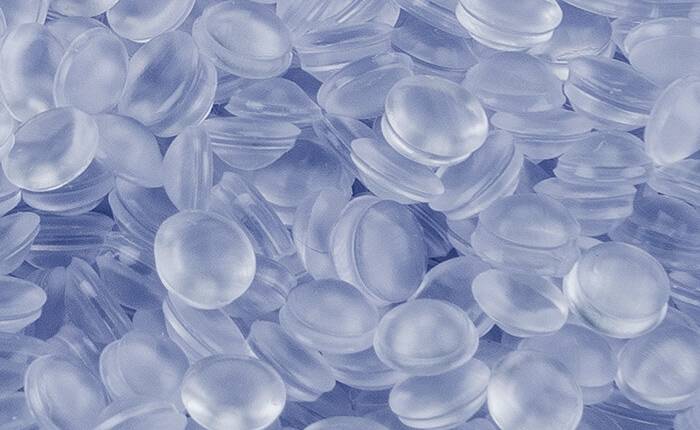Dec . 10, 2024 06:02 Back to list
cpvc tube
Understanding CPVC Pipes Benefits and Applications
Chlorinated Polyvinyl Chloride (CPVC) pipes have gained significant popularity in various applications due to their unique properties and advantages over traditional piping materials. These thermoplastic pipes are durable, resistant to corrosion, and can handle high temperatures, making them an excellent choice for both residential and industrial uses.
What is CPVC?
CPVC is a thermoplastic material made by chlorinating polyvinyl chloride (PVC) resin. The chlorination process enhances the chemical and temperature resistance of the material, allowing it to withstand higher temperatures than standard PVC. This makes CPVC pipes suitable for hot water applications, such as plumbing systems, where traditional PVC pipes would fail due to thermal constraints.
Advantages of CPVC Pipes
1. High Temperature Resistance One of the most significant advantages of CPVC is its ability to handle high temperatures, typically up to 200°F (93°C). This makes it an ideal choice for hot water distribution systems in residential, commercial, and industrial settings.
2. Corrosion Resistance Unlike metal pipes, CPVC pipes do not corrode. This resistance to chemical reactions makes them suitable for a variety of fluids, including corrosive substances, ensuring longevity and reliability.
3. Cost-Effectiveness While CPVC may have a higher initial cost than some other materials, its long lifespan and minimal maintenance requirements often lead to lower total costs over time. Furthermore, CPVC pipes are lightweight and easy to handle, reducing labor costs associated with installation.
4. Ease of Installation CPVC pipes are typically joined using solvent cement, which allows for faster and easier installation compared to metal piping systems that require welding or threading. The lightweight nature of CPVC also contributes to simpler handling and installation processes.
5. Low Thermal Conductivity CPVC pipes have lower thermal conductivity compared to metals, which helps maintain the temperature of the fluids transported within. This property enhances energy efficiency in hot water systems, reducing heat loss.
cpvc tube

Applications of CPVC Pipes
The versatility of CPVC pipes makes them suitable for a wide range of applications
1. Plumbing Systems CPVC is commonly used in residential and commercial plumbing systems for both hot and cold water supply lines. Its resistance to scaling and buildup makes it a popular choice among plumbers.
2. Industrial Applications CPVC is also widely used in various industrial applications, including the transportation of aggressive chemicals and hot water in manufacturing processes. Its strength and resistance to many corrosive substances make it a reliable choice.
3. Fire Sprinkler Systems CPVC pipes are used in fire protection systems due to their durability and ability to withstand high temperatures. They meet stringent fire codes and are often preferred in residential fire sprinkler installations.
4. Irrigation Systems In agriculture, CPVC pipes are used for irrigation systems because they can withstand exposure to chemicals such as fertilizers and pesticides. Their durability ensures a reliable water supply for crops.
5. HVAC Systems CPVC is also used in heating, ventilation, and air conditioning (HVAC) systems for both residential and commercial buildings due to its high-temperature capacity.
Conclusion
In summary, CPVC pipes represent a robust, economical, and versatile option for various piping needs. Their unique properties, such as high-temperature resistance, corrosion resistance, and easy installation, make them a favored choice across multiple industries. As the demand for durable and efficient piping solutions continues to grow, CPVC will likely play an increasingly significant role in modern infrastructure, further demonstrating its importance in both residential and industrial applications. Whether for plumbing, industrial processes, or fire safety systems, CPVC pipes are a reliable and effective choice.
-
High Quality PVC Round Rod for Industrial & DIY Applications
NewsJul.28,2025
-
High Quality PVC Pipe Fitting - Durable & Leak-Proof Solutions
NewsJul.28,2025
-
High-Quality PVC Rigid Sheet (Glossy Surface) for Industrial Use
NewsJul.26,2025
-
High Quality PVC Rigid Sheet (Embossed Surface) for Industrial Use
NewsJul.25,2025
-
High Quality PVC Soft Sheet for Flexible Applications | Durable & Customizable
NewsJul.24,2025
-
High-Quality UPVC Water Supply Pipe for Durable Plumbing Solutions
NewsJul.23,2025

